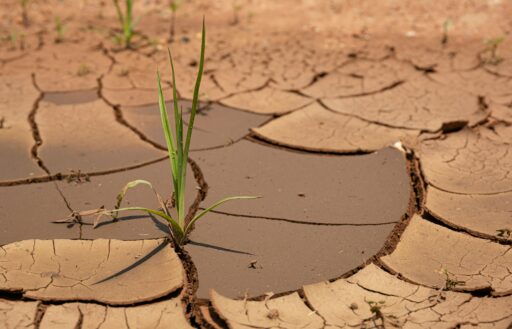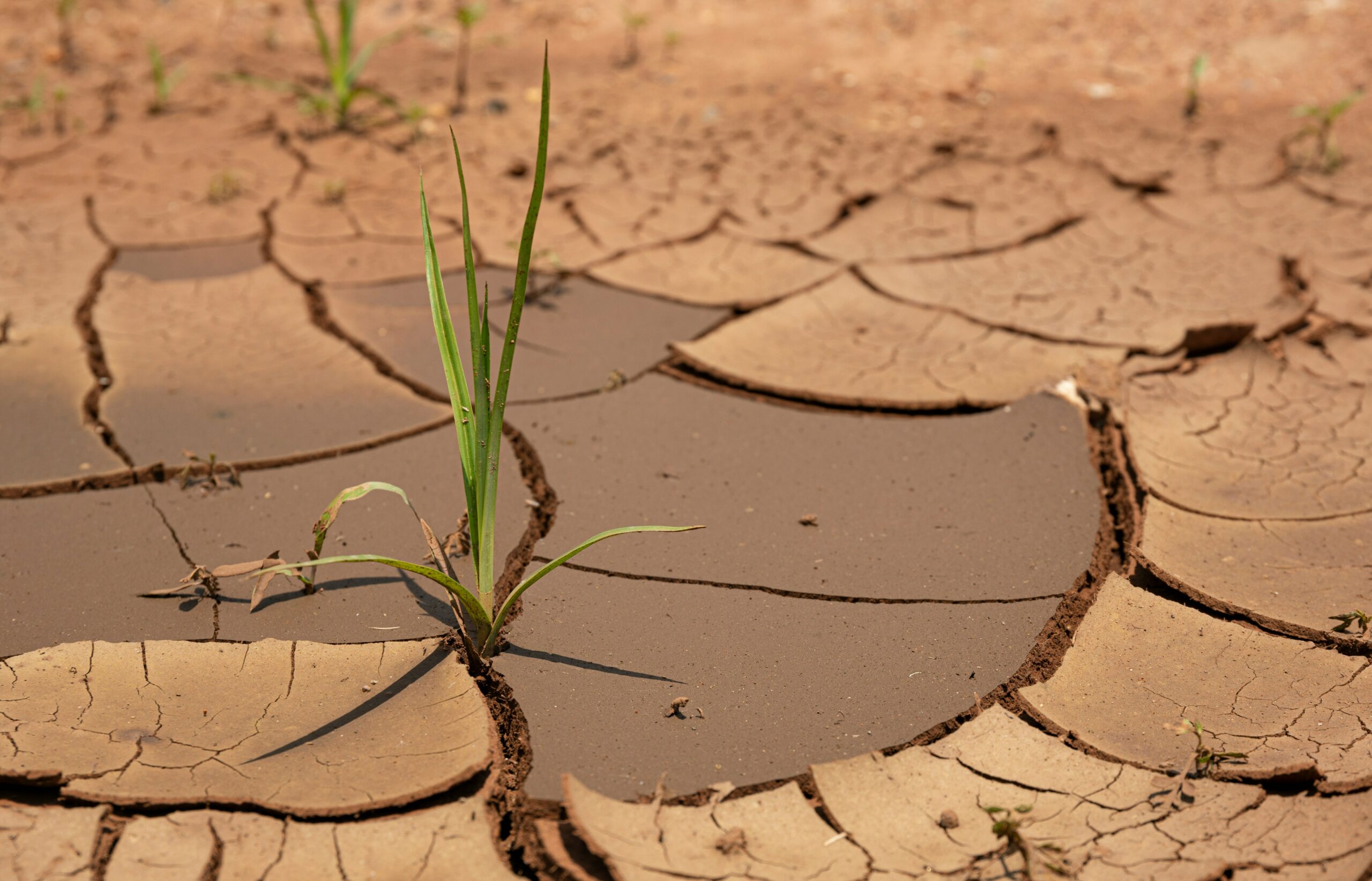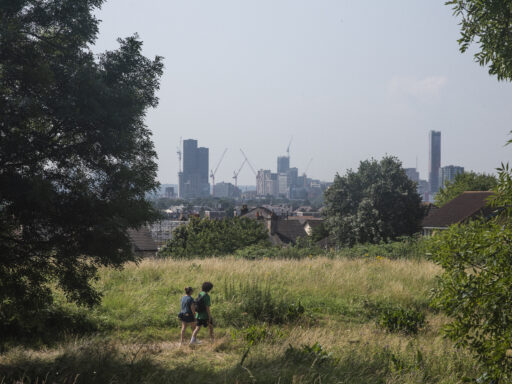With Cyprus experiencing its most extreme drought in more than 100 years, the island’s water crisis is becoming critical. The Turkish Republic of Northern Cyprus (TRNC) has extended a proposal to supply water to the south, yet this offer has been turned down by the Republic of Cyprus—without any formal reason shared with the public.
In the south, the drought is beginning to take a serious toll. Farmers are facing widespread crop failures, water use is being curtailed, and citizens are being urged to reduce consumption. Meanwhile, the TRNC remains unaffected due to a direct water supply from Turkey via an undersea pipeline capable of delivering 75 million cubic metres each year.
Key developments in the Republic of Cyprus highlight the scale of the crisis:
-
Kouris Dam, the largest in the country, has dropped below 40% capacity.
-
Irrigation in major farming areas is being limited or fully halted.
-
Crop damage is already extensive, and farmers fear irreversible losses as summer intensifies.
-
Desalination plants are at full operation but may not be able to meet increasing demands.
-
There are mounting fears about how shortages could impact towns, cities, and the crucial tourism industry.
TRNC President Ersin Tatar has reiterated the north’s offer of help, saying:
“We are ready to share water with the Greek Cypriots. This is not a political issue – it’s a humanitarian one. Every drop counts.”
However, efforts to cooperate have stalled. Past statements from some southern politicians reveal longstanding mistrust. Notably, in 2017, then Turkish Deputy Prime Minister, Recep Akdağ, said:
“There are some foolish Greek Cypriot politicians and leading figures who say they would rather drink poison than Turkish water.”
The TRNC continues to assert that its offer is not about politics but about addressing a shared and pressing emergency. Authorities in the north have restated their willingness to engage in dialogue over joint challenges such as water scarcity, energy security, and climate resilience.
With soaring temperatures ahead and dwindling water supplies, the decisions made now could shape the island’s environmental and socio-economic future for years to come. The north’s offer remains open.
For more information, visit: https://freedom-and-fairness.org







